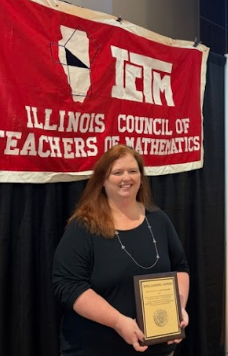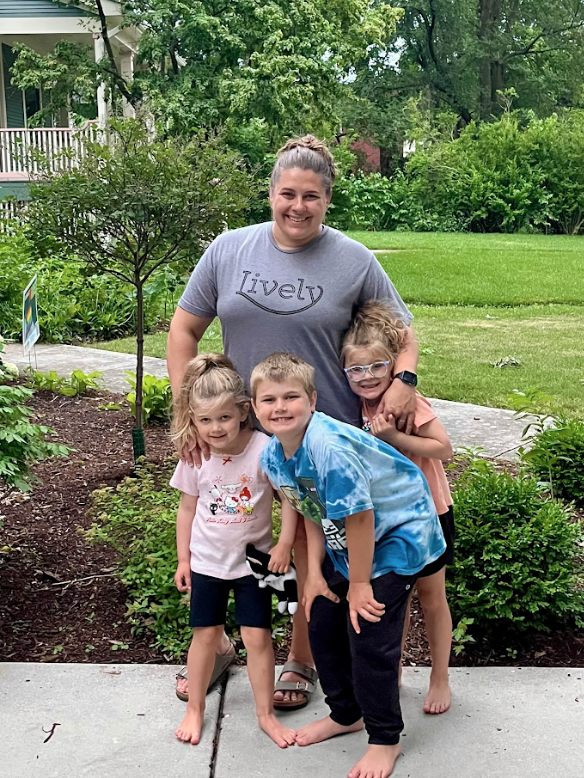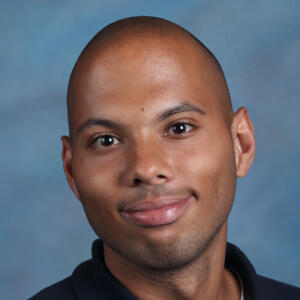Spanish speaking newcomer students who recently migrated to the United States reported significant improvement in the educational support they are receiving in semester two, compared to when they first arrived at Oak Park and River Forest High School in the fall.
A total of nine new Spanish speaking students have started at OPRF this school year and are in the process of learning English and adjusting to their new environment. With the influx of new students, new resources and aides have been added to the English as a Second Language (ESL) program, with the hope of easing the transition and improving the students’ English.
Barbara Pantoja, 15, a new student at OPRF, said, “It was really isolating at the beginning because I was placed into classes that were completely in English.” Pantoja’s interview was translated through Cynthia Brito, the adult advisor of the Revolutionary Youth Action League, or ROYAL, an Oak Park youth activist group.
Lesly Valecillos, another 15-year-old new student, whose interview was also translated by Brito, described her initial experience in classes at OPRF, saying, “In the classes where there was no teacher to help, the teachers would rely on the students that knew Spanish, and I feel like that was incredibly unfair for the students.”
Since then, Laurie Fiorenza, Ed.D, the assistant superintendent of student learning, Latonya Applewhite, Ph.D, the director of equity and student success, and Claudia Sahagun, the division head of the World Language department, have been working together to modify the ESL program, as well as hire an ESL teacher and additional teacher aides for the English language learner (ELL) students.
“It’s an ongoing process because there are supports that the students need, and then we go from there,” said Sahagun. “It’s an entire team working on looking at the requirements, looking at other schools, getting input from other teachers, especially the ELL teachers.”
Together, they have modified the ELL class as well as the Study Skills and Supports class to make it a more intentional learning environment, as well as adding a literacy class and a Spanish Language Arts class to the ESL services available.
Additionally, Fiorenza and Sahagun requested funding from the Board on Dec. 21, and have since hired two new bilingual teacher aides and one ESL endorsed teacher.
“In that board meeting, I had to request from the board those funds, and the board was very willing to redirect funds to ensure that we were able to adequately support our ELL students,” said Fiorenza. “When we have students in our building that have a specific need, in this case, do not speak the language, I think it’s imperative for us to respond in a way that still allows them to access the stellar education that is known to everyone who attends Oak Park.”
Due to the changes implemented at the beginning of Semester 2, Pantoja feels “more at ease, less stressed out and less anxious,” she said. She feels she’s been “learning a lot more with the changes that have been made.”
Pantoja and Valecillos, who are originally from Venezuela, said they are enjoying the structure of OPRF. “It’s very different and exciting because it feels nice to have agency. In Venezuela you don’t have choices of the classes that you want to take,” said Valecillos.
“It feels really exciting to go through passing periods and change classes because it was not structured like that in my country,” Pantoja added.
“They’re learning a lot on how an American school system runs, what it takes to learn English, and they’re get- ting used to it,” said Sahagun.
Team members working on improving the ESL program said they value the success of every student, and Fiorenza noted that she “wants all students to be successful and wants all students to have access to the most
rigorous and personalized educational opportunity so that they’re well prepared for whatever post-secondary they choose to do.”
Beyond academics, the community of Oak Park has jumped into action to make the new migrant students feel welcome.
“The OPRF faculty and teachers have been supportive and very helpful,” said Sahagun, “We’ve had a lot of volunteers and a lot of clubs have also been very supportive with our newcomers.”
Back in November, when new families had just arrived, community members were offering food, clothing, helping with transportation and “just general compassion and humanity by embracing these families and students who have been through very difficult experiences,” said Fiorenza. “I thought it was a really strong example of the sense of community, the sense of humanity, the oneness that I think is really impressive about Oak Park and River Forest.”
“It is really nice to work with a group of students who are learing English,” said Sahagun. “They learn English rather fast. It’s nice to see that growth; it’s pretty impressive.”
Sahagun said she believes that for now, the students “have the supports that they need,” but she and Fiorenza are anticipating the amount of Spanish speaking English Language learners to continue to increase.
The incoming eighth grade class has an additional 28 Spanish speaking students who qualify for the ESL program. “I anticipate it to continue to grow,” said Fiorenza, “and we are already making plans to consider how to be intentional about the courses we offer next year.”






